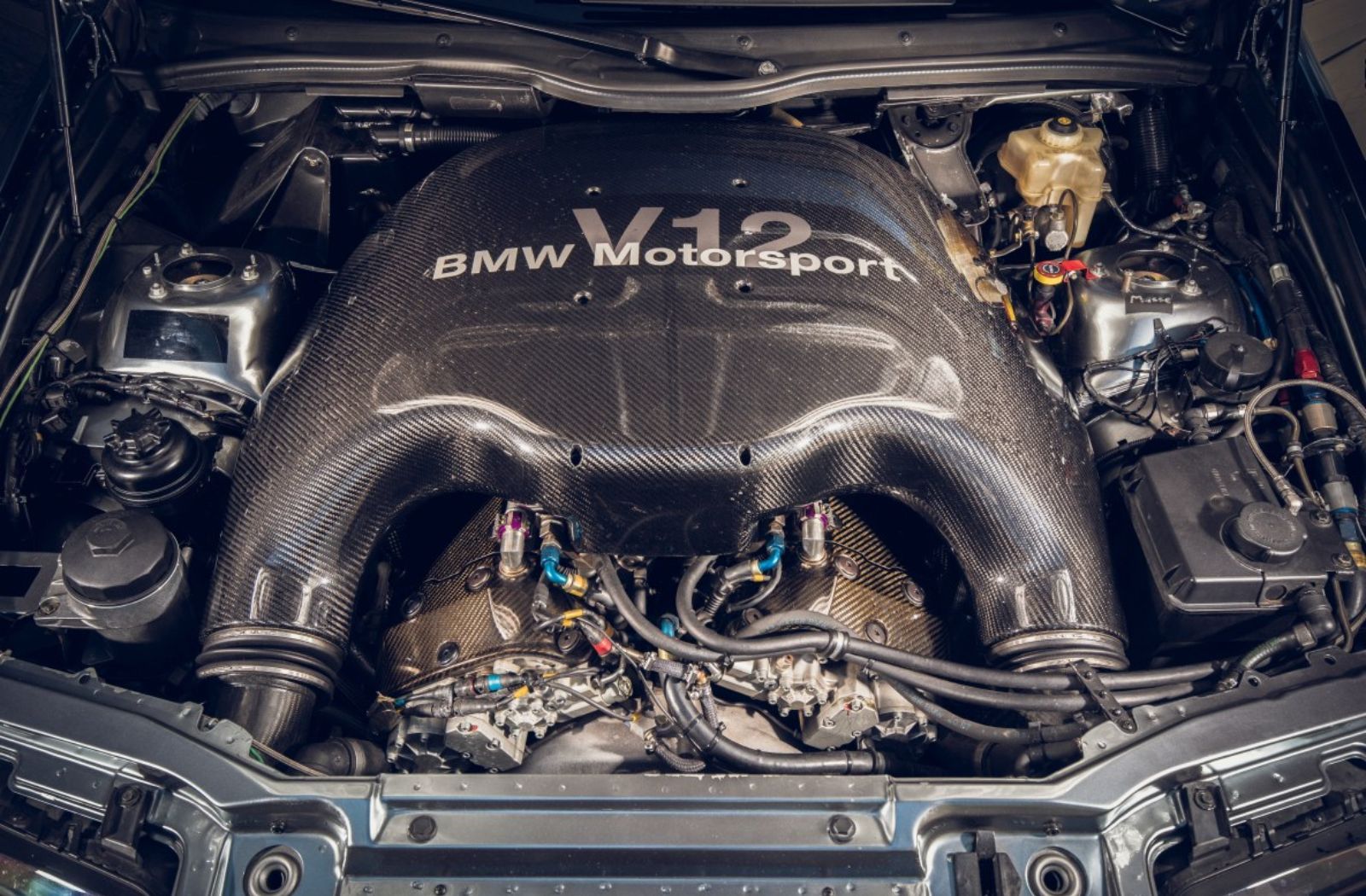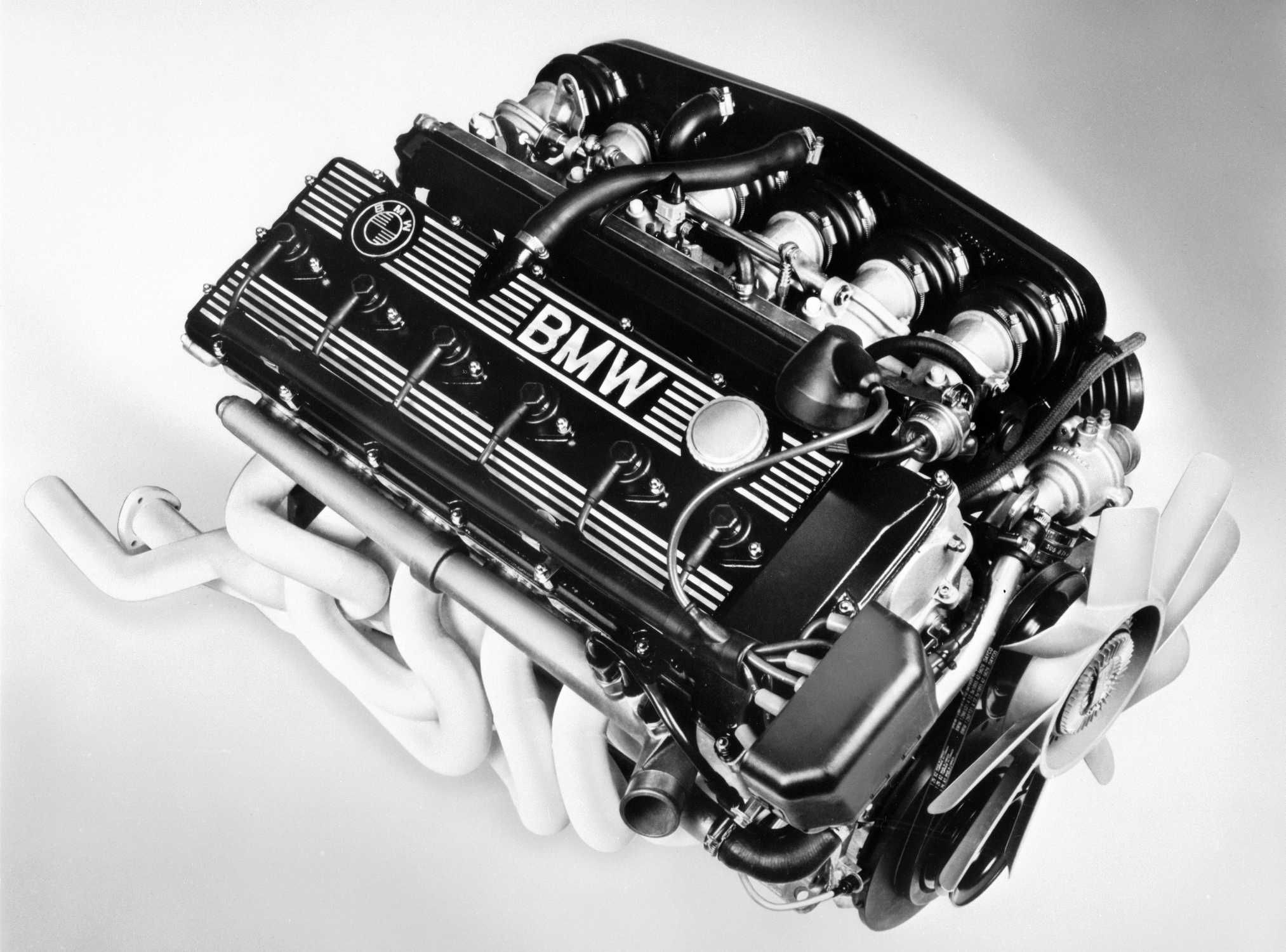Introducing the Intricacies of Next-Generation Power Units: a Deep Dive Into Advanced Engine Technologies and layouts
In the world of automobile design, the relentless pursuit of sustainability, efficiency, and efficiency has actually driven the development of power units to unmatched elevations. As we depend on the precipice of a new era in transport, the complexities of next-generation engine designs bid us to check out the cutting-edge technologies and innovations that assure to redefine the driving experience. From sophisticated materials that push the borders of durability and weight decrease to advanced turbocharging and supercharging systems that boost power output to brand-new levels, each part of these power systems holds a key to opening the future of vehicle engineering. Diving deeper into the worlds of emission control, smart engine monitoring systems, and the horizon of power unit growth, we discover ourselves on the cusp of a change that promises to improve the landscape of flexibility as we understand it.
Advancement of Engine Materials

The shift towards progressed engine products has also allowed designers to make engines with greater power outputs while preserving gas performance criteria. The use of lightweight materials decreases the general weight of the engine, leading to boosted gas economic situation and reduced exhausts. Furthermore, innovations in materials technology have allowed for better thermal management within engines, resulting in increased dependability and longevity.
Turbocharging and Supercharging Technologies
How do Turbocharging and Supercharging Technologies change engine efficiency and effectiveness in modern lorries? Turbocharging and turbo charging are innovations that considerably enhance engine efficiency by enhancing the amount of air consumption into the combustion chamber. Turbocharging accomplishes this by utilizing a generator driven by exhaust gases to pressurize the intake air, while turbo charging uses a belt- or chain-driven compressor to achieve the same impact.
These technologies make it possible for smaller sized, extra fuel-efficient engines to create power equal to larger ones, called downsizing. Forcibly more air into the cyndrical tubes, turbocharging and supercharging enhance burning performance, leading to enhanced horse power and torque output without a considerable boost in engine dimension. This causes better velocity, towing capability, and total driving performance.
Moreover, turbocharging and turbo charging contribute to enhanced gas efficiency by allowing the usage of smaller engines that take in much less gas under normal driving conditions - bmw engine. This combination of boosted performance and effectiveness has actually made turbocharging and supercharging important parts of many contemporary engine styles
Exhaust Control and Environmental Impact
With enhancing worldwide worries regarding air quality and environmental sustainability, the application of exhaust control modern technologies in vehicles plays a critical role in decreasing dangerous toxins launched right into the ambience. Modern lorries are equipped with sophisticated emission control systems that help minimize the environmental impact of automotive operations. Catalytic converters, advice for instance, are designed to transform poisonous gases such as carbon monoxide gas, nitrogen oxides, and hydrocarbons right into much less unsafe materials like co2 and water vapor.
Moreover, innovations in engine modern technology, such as the assimilation of exhaust gas recirculation systems and careful catalytic reduction, have considerably contributed to lowering exhausts. These modern technologies function in tandem to enhance combustion efficiency and decrease the launch of dangerous contaminants into the air. Additionally, the growth of crossbreed and electric vehicles stands for a crucial action in the direction of lowering the general ecological impact of the transportation industry.
Intelligent Engine Administration Systems

Moreover, these systems enable lorries to satisfy stringent discharges standards without endangering performance, giving a much more eco friendly driving experience. The integration of expert system and artificial intelligence abilities in engine management systems proceeds to press the boundaries of what is feasible, leading to additional renovations in efficiency, dependability, and total car efficiency. bmw engine. As automotive innovation breakthroughs, smart engine management systems will play a crucial function in forming the future of transport towards a much more efficient and sustainable instructions
Future Trends in Power Device Development
As intelligent engine administration systems lead the means for enhanced control and optimization in modern cars, future fads in power device development are poised to redefine the landscape of vehicle propulsion modern technologies. Among the key patterns driving advancement in power system advancement is the shift towards electrification. With a boosting concentrate on sustainability and decreasing carbon emissions, hybrid and electric powertrains are ending up being a lot more widespread More about the author in the auto sector. These different power sources offer improved efficiency and performance while aligning with stringent environmental regulations.
One more significant trend is the combination of sophisticated materials and manufacturing methods. Light-weight materials such as carbon fiber and aluminum are being used to minimize overall car weight, improving gas effectiveness and performance. Additionally, advancements in 3D printing and additive production are making it possible for the production of complex engine parts with higher precision and durability.
In addition, man-made intelligence and artificial intelligence are playing an important role in maximizing power unit efficiency. These technologies enable real-time tracking and flexible control, resulting in more effective and reputable power delivery. Generally, future trends in power system development are geared in the direction of sustainability, performance, and performance, driving the vehicle sector towards a new period of propulsion technologies.

Conclusion
Finally, the improvements in engine products, turbocharging, discharge control, and smart administration systems have actually led the way for next-generation power units. These advancements have not only enhanced efficiency and efficiency however also minimized ecological effect. As modern technology continues to progress, future fads in power unit growth are most likely to focus on additional enhancing sustainability and optimizing power outcome. The detailed designs and advancements in modern-day engines showcase the continuous advancement of automotive innovation.
Exploring the modern improvements in engine products has been critical in improving the efficiency and effectiveness of contemporary engines. Over the years, the development of engine products has actually played a crucial role in pressing the borders of what engines can attain.The shift towards progressed engine products has actually also enabled designers to design engines with greater power results while keeping gas effectiveness requirements.The application of intelligent engine administration systems in contemporary cars has transformed the way engines are controlled and maximized for efficiency and performance. By accumulating information in real-time and analyzing it with sophisticated algorithms, smart engine monitoring systems can adapt to driving my site styles, ecological variables, and engine health to optimize power outcome while reducing fuel intake and discharges.
Comments on “Common Issues Faced by BMW Engine Owners and How to Resolve Them”